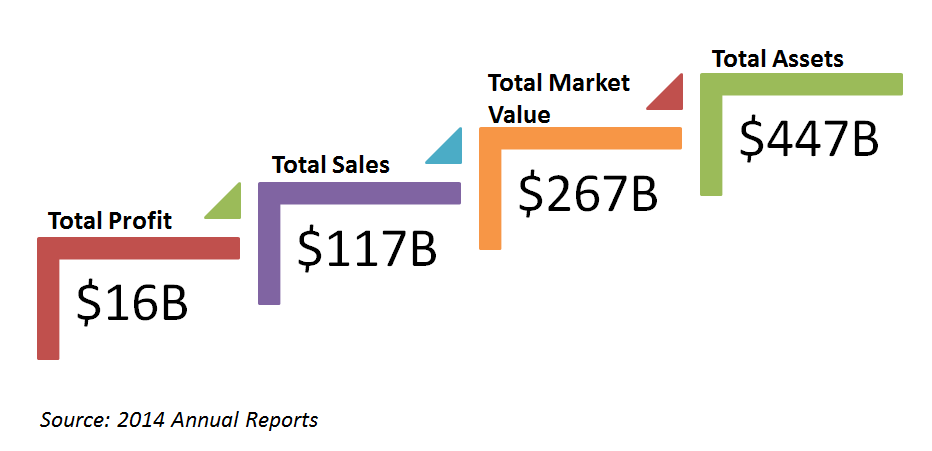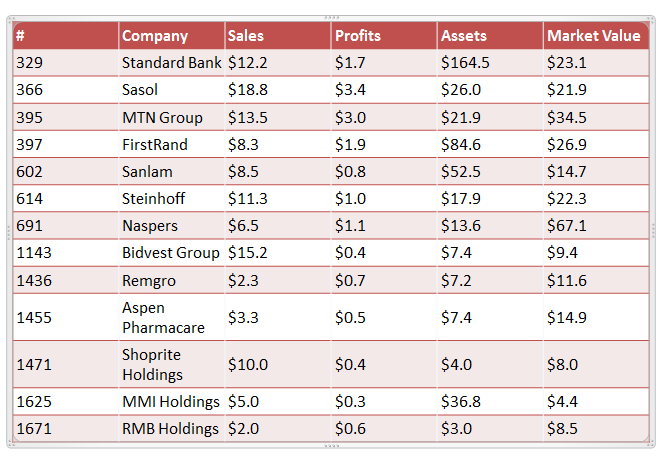
According to Dr. Wendy Suzuki, professor of neuroscience and psychology at New York University, a game of “table tennis works parts of the brain that are responsible for movement, fine motor skills, and strategy – areas that could be growing stronger with each match.” It is no surprise it is easy to spot a table tennis corner in communal areas of some of the fastest-growing startups and technology companies. My passion for table tennis began many years ago in Nigeria when my parents bought us a table when I was about twelve years old. My game has continued to improve, and I feel fortunate to work in a field where taking a few minutes to play a game isn’t frowned upon but encouraged to build camaraderie and brainpower. There are four lessons the game of table tennis has taught me about selling.
1/ You can influence the outcome by focusing on what you can control– In a standard game of first to 21 points, each player gets to serve at least ten times. A serve is when the ball is tossed up at least 6 inches and struck, so the ball first bounces on the server’s side and then the opponent’s side. The level of creativity of your serve is one of the elements of the game you have full control over. As such, making it difficult for your opponent to return your serve is one of the fastest ways to score points and gain an advantage. However, mastering a difficult serve takes immense discipline and practice. Similar to sales, you can influence the outcome of an opportunity by maniacally focusing on the elements of the process you can control.
Pay attention to the serve which sets up the opportunity for the forehand smash.
2/ Mistakes are inevitable; learn from them. A player who dwells on the mistakes made, which may have caused him to lose a point, is often visibly timid and risk-averse. Since thoughts drive action, it’s essential to have a growth mindset. For instance, instead of thinking “how could I be so careless, dumb, [insert your choice of words] to lose that point?,” try thinking “how can I adjust my game to have an unfair advantage?” A player who learns from her mistakes and makes adjustments in real-time accelerates her potential to win the game and ultimately win in life and business.
3/ Persistence strengthens relationships. I needed to get in front of the CTO and Co-Founder of one of the fastest-growing startups in SoCal. I tried contacting him via email, telephone, and social media but couldn’t get through. After many months, I discovered an article published in the early 2000s of this executive and how he loved table tennis. Instinctively, I challenged him to a game. He accepted. Without going into details about who won (we both did 

4/ Do not underestimate your opponent. We all love the stories of underdogs that come from behind to claim victory over big dawgs despite the odds stacked against them. I’ve played many games where I fell behind only to come back to claim victory. I’ve also played many games where I was well ahead only to crumble and lose the game. In both scenarios, one person was underestimating the other person. Chinese philosopher and writer, Lao Tzu, teaches that “there is no greater danger than underestimating your opponent.” In Sales, you’re either representing the incumbent (big dawg) or challenger (underdog). It doesn’t matter who you represent, underestimating your opponent leaves you exposed and unprepared to execute a winning strategy.
As a bonus, check out this incredible 41 shot rally featuring Nigerian table tennis superstar – Segun Toriola. It is a masterclass in executing a defensive strategy.

 taught me about selling
taught me about selling


 Hanging metal sculpture of the Africa continent at the Corporate HQ of Standard Bank in Johannesburg.
Hanging metal sculpture of the Africa continent at the Corporate HQ of Standard Bank in Johannesburg.